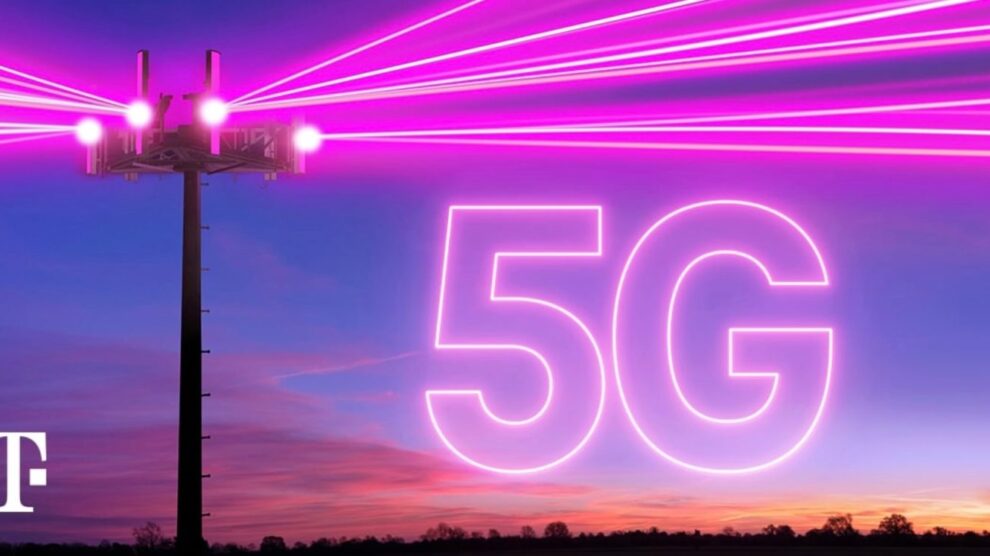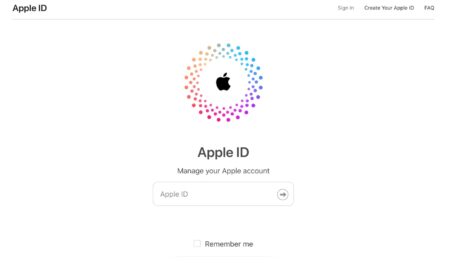As network carriers compete to push the boundaries of 5G performance, T-Mobile stands poised to maintain industry leadership following a recent uplink speed demonstration peaking at an average of 345 Mbps!
This staggering connectivity feat promises to enrich use cases like cloud gaming, AR/VR, video calls, and remote collaboration that hinge so crucially on low-latency data uploads.
Read on to understand why T-Mobile’s latest network benchmark matters and what it signals about the operator’s expanding 5G advantages.
Why Do Upload Speeds Matter in 5G?
In the 4G LTE era, download bandwidth dominated perception of a “fast” mobile network given consumption of high-bandwidth video and audio streaming.
However, rising trends like remote work, telemedicine, cloud gaming, and the metaverse exponentially increase reliance on real-time upstream data transfer from devices out to the network edge.
That’s why T-Mobile’s accomplishment enabling iPhone 14 devices to sustain average upload rates up to 345 Mbps over 5G matters so greatly — it unlocks the full potential of participatory connected experiences needing fluid interactivity.

Lightning-Fast 5G Uploads Change the Game
Imagine some everyday use cases tremendously elevated by buttery-smooth 345 Mbps 5G uplink speeds:
- Seamless console-quality cloud gaming without lag, jitter, or pixelation
- Collaborative AR/VR meetings with perfectly synchronized views as users explore digital space
- Telemedicine apps able to remotely monitor patients without transmission gaps
- Autonomous vehicle data uploads for accurate real-time navigation and object detection
As 5G adoption accelerates, the ability to handle data-intensive uploads brings game-changing connectivity.
T-Mobile’s Next-Gen 5G Network Leadership
The astounding 345 Mbps upload demonstration spotlights T-Mobile’s aggressive pushes to cement 5G leadership.
Beyond record-setting technical benchmarks, the “Un-carrier” also continues disrupting the wireless space through initiatives like:
- Inventing 5G metric testing with SignalStats
- Enhancing customer value via T-Mobile Tuesdays rewards
- Increasing network capacity by unlocking Ultra Capacity 5G spectrum nationwide
With many carriers still working to deliver consistent early 5G promises, T-Mobile’s network technology and business model innovations set it apart from the pack.
The latest upload speed feats only widen the lead as more transformative 5G use cases emerge.
What Industries Gain from 5G Upstream Speeds?
While mobile consumers eagerly await streaming, gaming, and immersive content enhancements powered by 5G advances like T-Mobile’s, less visible enterprise verticals also stand to benefit tremendously.
Specifically, sectors like telemedicine, AI automation, drone data transfer, and IoT sensor networks rely heavily on immediacy and bandwidth only wired connectivity historically provided.
With milestones like 300+ Mbps upload rates now proven over wireless 5G, these industries can accelerate adoption of real-time solutions improving efficiency and enabling new business opportunities.
The Future Looks “Ultra” Bright on 5G
T-Mobile placing yet another 5G notch on its accomplishment belt signals that the next-generation network future looks undeniably bright.
As smartphone hardware, cellular infrastructure, and devices across every category tap into 5G’s low-latency capabilities, consumers and businesses alike win big.
And with its customer-centric “Un-carrier” approach also shaking up stale industry pricing models alongside outright network leadership, T-Mobile in particular seems poised to continue pushing wireless innovation further through this decade and beyond.










Add Comment